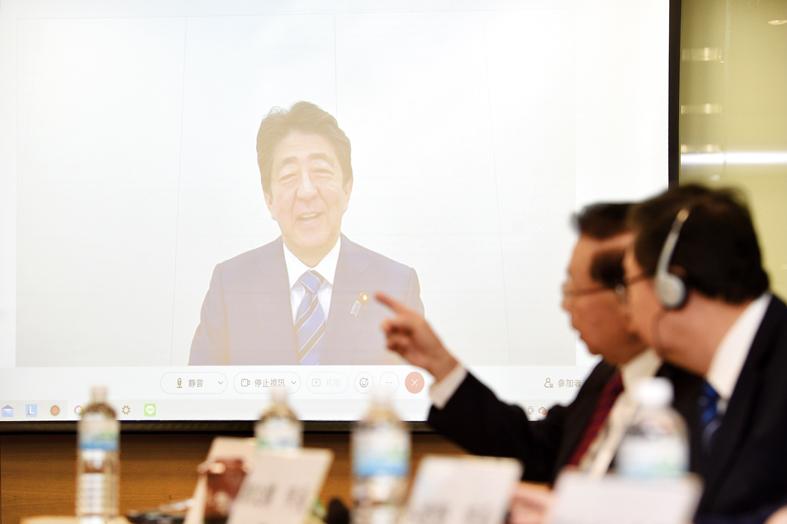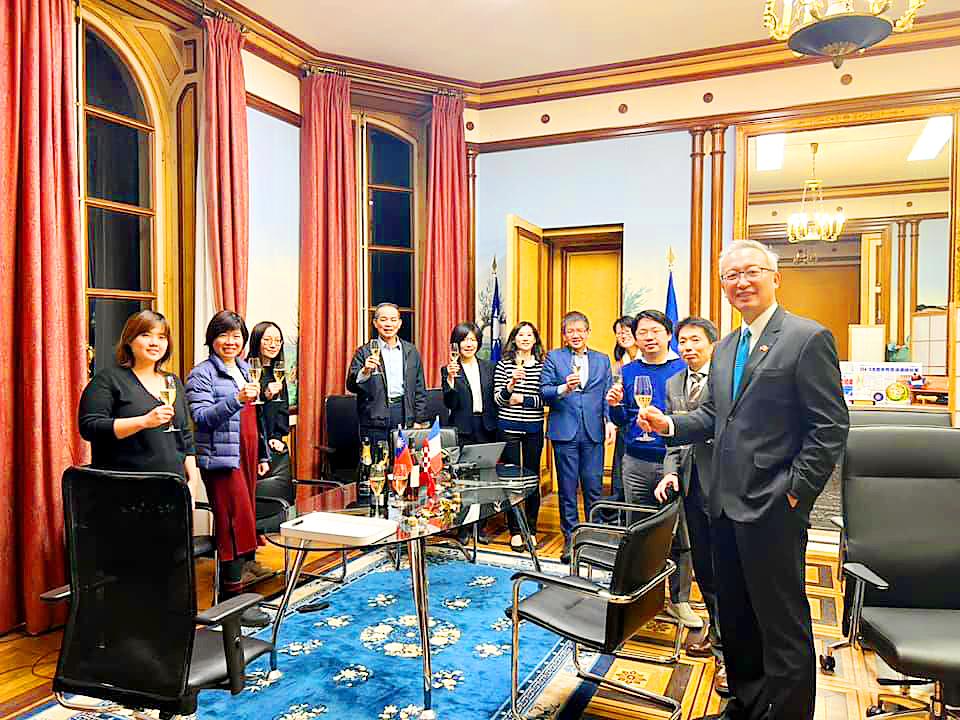When analyzing Taiwan-China tensions, most people assume that the leadership of the Chinese Communist Party (CCP) and the Chinese People’s Liberation Army (PLA) consists of rational actors. Embedded within this belief are three further suppositions: First, Beijing would only launch an attack on Taiwan if it were in China’s national interest; second, it would only attack if the odds were overwhelmingly in its favor; and third, Chinese decisionmakers interpret information objectively and through the same lens as other actors.
These assumptions have underpinned recent analyses — including by Minister of National Defense Chiu Kuo-cheng (邱國正) — concluding that there is no immediate danger of a Chinese attack against Taiwan. The consensus is that the earliest an attack could occur is 2025, and there is a substantial body of opinion that an invasion even then is unlikely.













